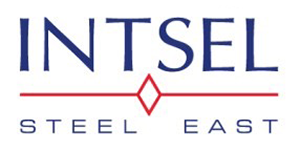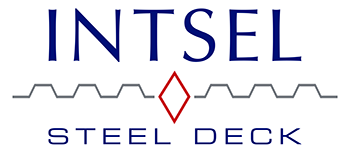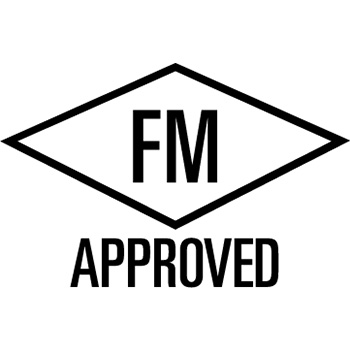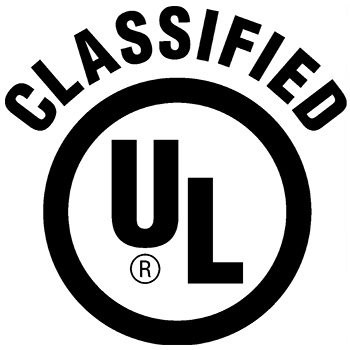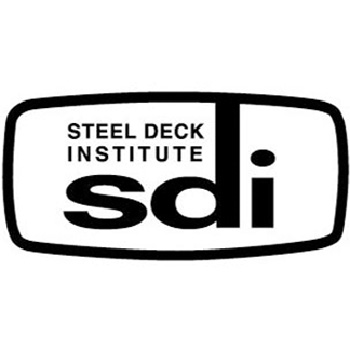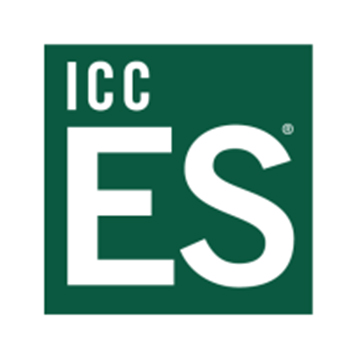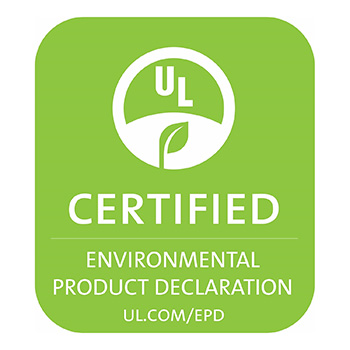The Most Common Types Of Metal Decking For Industrial Construction
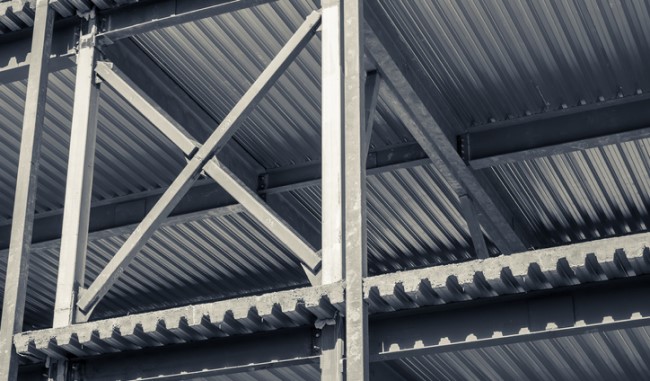
Understanding the Different Types of Metal Decking
Metal decking consists of corrugated steel sheets designed to support concrete slabs, roofing materials, or serve as a finished surface. The corrugated profile provides exceptional strength-to-weight ratio, making metal decking an efficient structural component in commercial and industrial buildings. At Bushwick Metals, we offer comprehensive decking solutions that meet diverse construction requirements while providing superior structural performance.
Types of Metal Roof Decking
Roof decking provides a stable platform for roofing materials while contributing to the overall structural integrity of a building. The most common types used in industrial construction include Type B, Type N, Type F, and Type A decks, each with distinct characteristics suited for different applications.
Key Takeaways
- Metal decking comes in various profiles with Type B (wide rib) being most common for roofs, while composite decking dominates floor applications in industrial construction.
- The choice between roof decking (Types A, B, F, N) and floor decking (composite, form, cellular) depends on load requirements, span length, and specific project needs.
- Selection factors include load capacity, span requirements, environmental conditions, and integration with other building systems, with galvanized steel being the standard material of choice.
- Specialty options like acoustic and cellular decking address specific requirements for sound attenuation and service integration in modern industrial buildings.
Type B Deck
Type B decking features a 1.5-inch depth with wide rib spacing and represents the most widely used option in new construction. Its excellent strength-to-weight ratio and efficient span capabilities make it ideal for standard industrial and commercial roofs. The wide rib profile allows for easy installation of insulation and roofing materials, contributing to its popularity in modern construction projects.
Common applications for Type B metal decking include:
- Manufacturing facilities and industrial plants
- Commercial warehouses and distribution centers
- Retail buildings and shopping centers
- Office buildings with standard roof spans
Type N Deck
With a 3-inch depth and deep rib profile, Type N decking is engineered specifically for long spans and heavy loads. Its superior load-bearing capacity reduces the need for structural supports, making it the preferred choice for large industrial roofs, canopies, and awnings where longer spans are required. Despite its higher material cost, Type N often reduces overall project expenses by minimizing supporting structural elements.
Common applications for Type N metal decking include:
- Large-span industrial buildings and factories
- Convention centers and exhibition halls
- Aircraft hangars and maintenance facilities
- Structures requiring fewer support columns
Type F and Type A Decks
Type F decking offers a 1.5-inch depth with intermediate rib spacing, striking a balance between Types A and B. It excels in projects where insulation support is important and provides a good balance of strength and cost efficiency. Type A decking, with its narrow rib spacing at 1.5 inches deep, is primarily used for repair and replacement work, particularly in renovations of older structures where compatibility with existing systems is essential.
Common applications for Type F & A metal decking include:
- Projects requiring rigid board insulation
- Structures with moderate roof spans
- Renovation and retrofit projects
- Compatibility with legacy structures, like historical building renovations
Types of Metal Floor Decking
Floor decking systems provide a platform for concrete slabs or serve as finished flooring in industrial settings. The three primary categories include composite decking, form decking, and cellular decking, each designed for specific applications and performance requirements.
Composite Decking
Composite decking features embossments or patterns that create a mechanical bond with concrete, acting as permanent reinforcement for concrete slabs. This integration creates a composite structural system that reduces concrete volume while enhancing load capacity. The design is particularly valuable in multi-story buildings, heavy-load industrial floors, and parking structures where structural efficiency and floor thickness are critical considerations.
Common applications for composite metal decking include:
- Multi-story commercial and office buildings
- Parking structures and garages
- Heavy industrial manufacturing floors
- Hospital and healthcare facilities
Form Decking and Cellular Options
Form decking consists of corrugated steel without embossments, serving as permanent formwork for concrete slabs in standard floor systems. It eliminates the need for temporary formwork, significantly accelerating construction timelines while providing a stable platform for concrete placement. Cellular decking, featuring a flat sheet welded to the underside forming enclosed cells, provides space for mechanical and electrical services while supporting loads. Its improved acoustics and clean appearance make it ideal for projects requiring noise reduction and integrated building services.
Common applications for form metal decking include:
- Residential construction projects
- Light commercial buildings
- Educational facilities
- Quick-turnaround construction projects
Specialty Decking and Materials
Beyond standard types, specialty decking addresses specific project requirements. Acoustic decking features perforations to reduce noise transmission, making it suitable for environments where sound control is important. Long-span decking with deeper profiles up to 7.5 inches accommodates extended spans in large open areas, reducing structural steel requirements and creating more open floor plans.
Metal decking is available in various materials and finishes, with galvanized steel being the industry standard. Galvanized options typically feature G60 or G90 zinc coatings, providing effective corrosion resistance for standard applications. For more demanding environments, painted finishes and stainless steel variants offer enhanced protection and longevity, particularly in food processing facilities, chemical plants, and other corrosive settings.
Considerations When Selecting Types of Metal Decking
When selecting metal decking, several key factors determine the optimal solution for your project. Load requirements, including dead loads, live loads, and special loading conditions, establish the baseline performance criteria. Span length between supporting structural members, deflection criteria, and fire rating requirements further refine the selection process.
Other considerations that might influence the type of metal decking you choose:
- Acoustical Needs
- Service Integration Requirements
- Environmental Conditions
The right decking choice begins with a thorough understanding of project requirements and performance expectations. Working with experienced suppliers ensures that technical specifications align with design intent, regulatory compliance, and budget constraints. Proper selection leads to optimized construction efficiency, structural performance, and long-term value.
You Can Find These Types of Metal Decking at Bushwick Metals
Selecting the right metal decking is crucial for the structural integrity, functionality, and longevity of industrial construction projects. At Bushwick Metals, we offer a comprehensive range of metal decking options and expert guidance to help you select the most appropriate solution for your specific project requirements.
Our team of specialists can assist you in determining the optimal metal decking type, gauge, and finish based on your project’s structural design, load requirements, and environmental conditions. Contact us today to discuss your metal decking needs and discover how our products can contribute to the success of your construction project.
Bushwick Metals is a leading supplier of structural steel and specialty metals, serving the construction industry with quality products and expert service. As part of the Intsel Steel East family, we provide comprehensive metal solutions for projects of all sizes.
